‘Brittney Griner is suddenly ensnared in a geopolitical chess game’
Your digest of analysis from the British and international press

- 1. What Brittney Griner’s quiet face is saying to the world
- 2. Britain’s record on refugees is nothing to brag about
- 3. I’m done being your model minority
- 4. The story of Endurance has a plot more gripping than any Hollywood blockbuster
- 5. If you feel old, lonely and wary of the internet, do what I did – learn Zoom
A free daily email with the biggest news stories of the day – and the best features from TheWeek.com
You are now subscribed
Your newsletter sign-up was successful
1. What Brittney Griner’s quiet face is saying to the world
Peniel Joseph on CNN Opinion
on a ‘human rights tragedy’
News that “one of the best basketball players on the planet” is currently detained in Russia “has the sports world – and anyone concerned about the plight of Americans in Russian custody – on edge”, says Peniel Joseph at CNN Opinion. While in Russia, Brittney Griner has been detained by authorities who claim they found cannabis oil in her luggage “and accused her of smuggling a narcotic substance – an offence that carries a penalty of up to 10 years in prison”. Now, Griner is “ensnared in a geopolitical chess game controlled by Russian officials at an increasingly perilous and uncertain moment”. Joseph adds that “her identity as a Black gay woman athlete facing the Russian legal system is a precarious one”, and “Americans must not look away”. Griner has become “one of the quiet faces of a human rights tragedy unfolding before the eyes of the world”.
The Week
Escape your echo chamber. Get the facts behind the news, plus analysis from multiple perspectives.

Sign up for The Week's Free Newsletters
From our morning news briefing to a weekly Good News Newsletter, get the best of The Week delivered directly to your inbox.
From our morning news briefing to a weekly Good News Newsletter, get the best of The Week delivered directly to your inbox.
2. Britain’s record on refugees is nothing to brag about
David Aaronovitch at The Times
on too little, too late
“And I say unto you, it is easier for a camel to go through the eye of a needle than for a Ukrainian refugee to enter the kingdom of Britain,” says David Aaronovitch at The Times. “A rich man, on the other hand, faces no such problem.” As of yesterday morning, Ireland had taken 2,500 Ukrainian refugees compared to Britain’s 760. And “those few visas we do grant are subject to a process that has to be completed outside Britain, using facilities that barely exist or that are utterly inadequate”, he continues. Russia’s invasion of Ukraine and the subsequent fleeing of civilians “has not been met by any kind of generosity on the part of our government”. In fact, “quite the reverse”, says Aaronovitch. “We have done as little as we could, as late as we could get away with.”
A free daily email with the biggest news stories of the day – and the best features from TheWeek.com
3. I’m done being your model minority
Patricia Park at The New York Times
on attacks on Asians
Patricia Park says she “learned street smarts early”. Growing up in the Big Apple, “I kept my head down, my money in my sock and my mind on my business.” Writing in The New York Times, Park says: “It takes a lot to faze me. And yet, as an American of Korean descent, I now fear for my life.” She finds the steep rise in reported bias incidents against Asians alarming and suspects “many, many more crimes and aggressions against Asians go unreported – in part because of language barriers or immigration status, but also because of a cultural phenomenon that is intuitively understood in our communities”. That, she continues, is “the fear of disrupting our ‘model minority’ reputation”. When attacked, Asians are “expected to respond the way we have historically: stay quiet, and keep working, heads down”. Park is “tired of how Asians” in America are treated, and she’s “done” with fitting the mould of that minority “model”.
4. The story of Endurance has a plot more gripping than any Hollywood blockbuster
Stefanie Seddon at The Independent
on Antarctic exploration
Stefanie Seddon is a self-proclaimed super-fan of ships of the Heroic Age of Antarctic Exploration. Writing for The Independent, she says she builds “historically accurate wooden model” versions of them, and Ernest Shackleton’s Endurance “is my next project” – “little did I know that its namesake would be discovered this week, 107 years after it sank in an Antarctic sea”. The Heroic Age often conjures up images of “haggard men in frosted beards”, overcoming “glaciers, starvation, hope and regret”. But Seddon says “the real heroes of these stories are the ships” that transported them to the region. News that an expedition force had located the Endurance – complete with “her finest features” preserved in “astonishing detail” – has “reignited a passion for the heroics of this extraordinary age”.
5. If you feel old, lonely and wary of the internet, do what I did – learn Zoom
Esther Rantzen in The Guardian
on staying connected
Esther Rantzen says she doesn’t want to lecture her “elders and betters”, but she thinks others might benefit from “an important lesson” she has learned in the two years since Covid hit. Writing in The Guardian, she notes that her generation can be “wary of the internet”, but that she learned to her surprise during lockdown that technology can “offer a solution” to “combat loneliness”. “If only Boris Johnson had realised, as I did, that he could use Zoom to hold parties.” Rantzen says she still does, and despite living “deep in a forest”, she feels “connected with the outside world”. “It’s up to us oldies to take the first step… and it’s worth it.” And “if at first the computer defeats us, it’s a wonderful excuse to ring up our grandchildren and ask them for help”.
-
 Political cartoons for February 18
Political cartoons for February 18Cartoons Wednesday’s political cartoons include the DOW, human replacement, and more
-
 The best music tours to book in 2026
The best music tours to book in 2026The Week Recommends Must-see live shows to catch this year from Lily Allen to Florence + The Machine
-
 Gisèle Pelicot’s ‘extraordinarily courageous’ memoir is a ‘compelling’ read
Gisèle Pelicot’s ‘extraordinarily courageous’ memoir is a ‘compelling’ readIn the Spotlight A Hymn to Life is a ‘riveting’ account of Pelicot’s ordeal and a ‘rousing feminist manifesto’
-
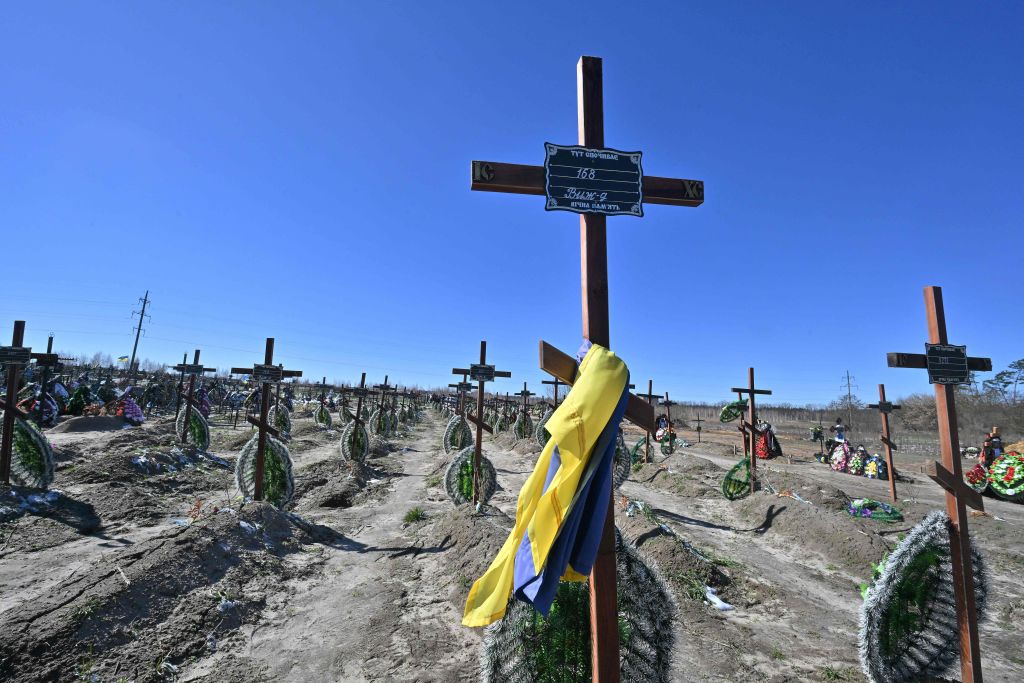 Inside Russia's war crimes
Inside Russia's war crimesSpeed Read Occupying forces in Ukraine are accused of horrific atrocities. Can they be held accountable?
-
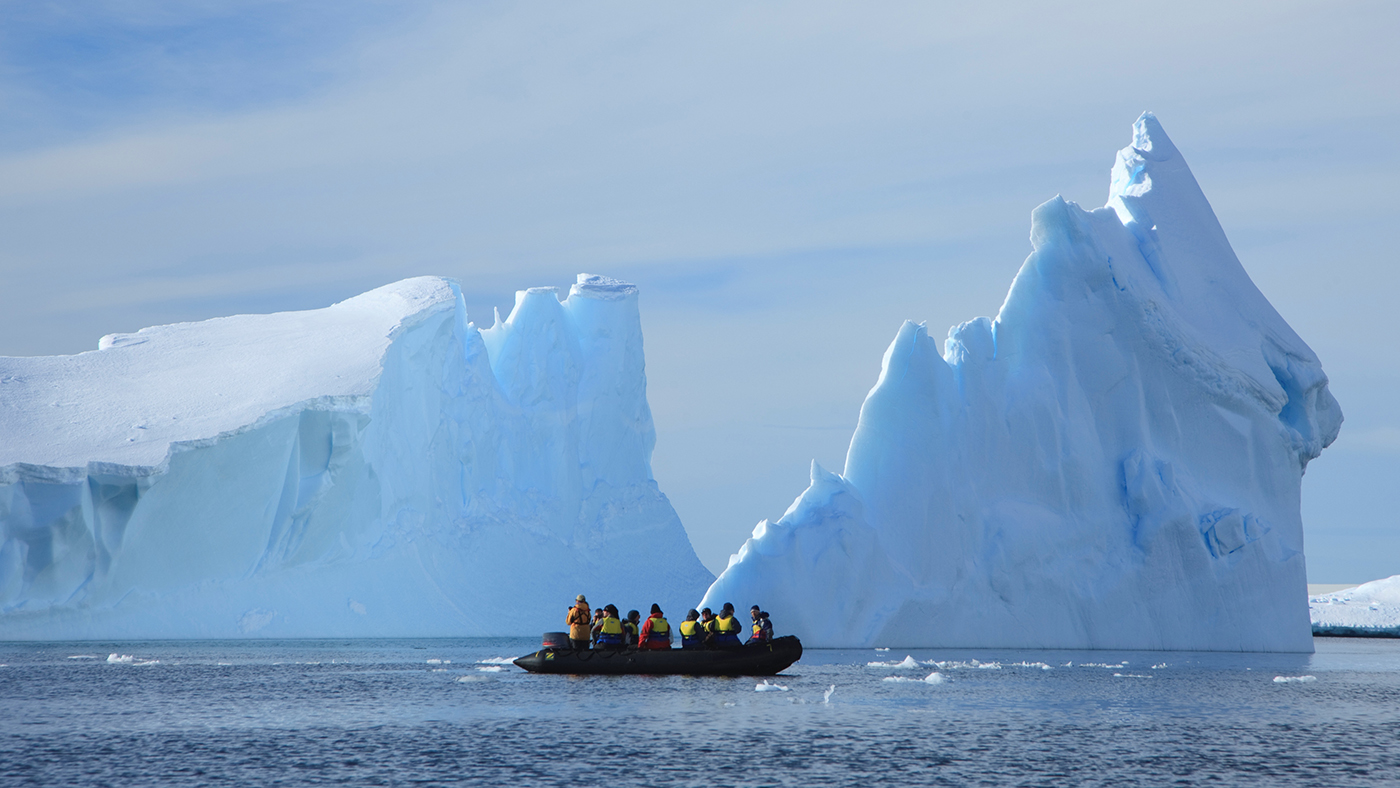 Why humans haven’t evolved to cope with cold northern climates
Why humans haven’t evolved to cope with cold northern climatesfeature Intricate cultural solutions to the challenges of life have seen humans thrive in every part of the globe
-
 ‘The UK’s malaise will not end with the Prime Minister’s exit’
‘The UK’s malaise will not end with the Prime Minister’s exit’Instant Opinion Your digest of analysis from the British and international press
-
 ‘Police tactics are not getting worse, they are simply being filmed’
‘Police tactics are not getting worse, they are simply being filmed’Instant Opinion Your digest of analysis from the British and international press
-
 ‘G7 leaders missed a golden opportunity’
‘G7 leaders missed a golden opportunity’Instant Opinion Your digest of analysis from the British and international press
-
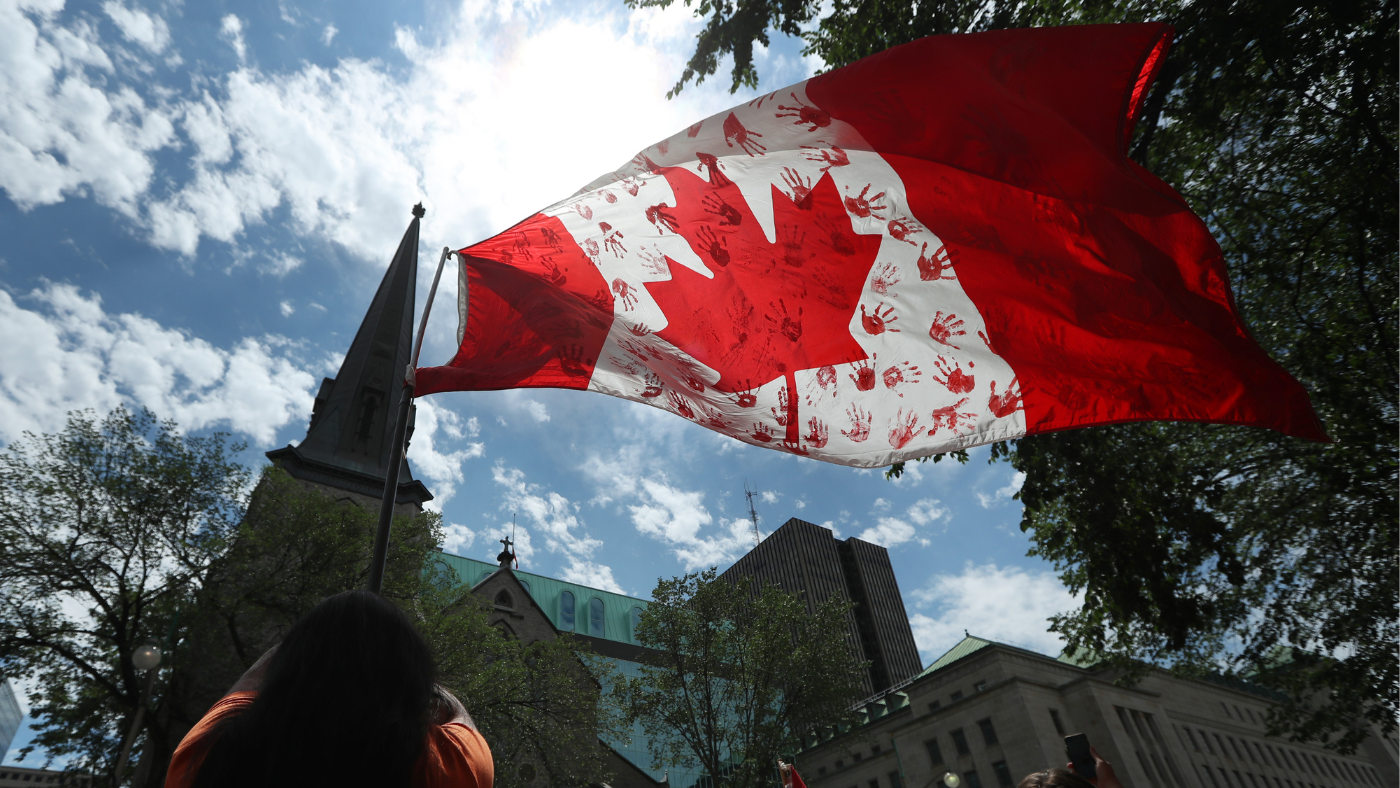 ‘It takes some soul searching to celebrate Canada Day’
‘It takes some soul searching to celebrate Canada Day’Instant Opinion Your digest of analysis from the British and international press
-
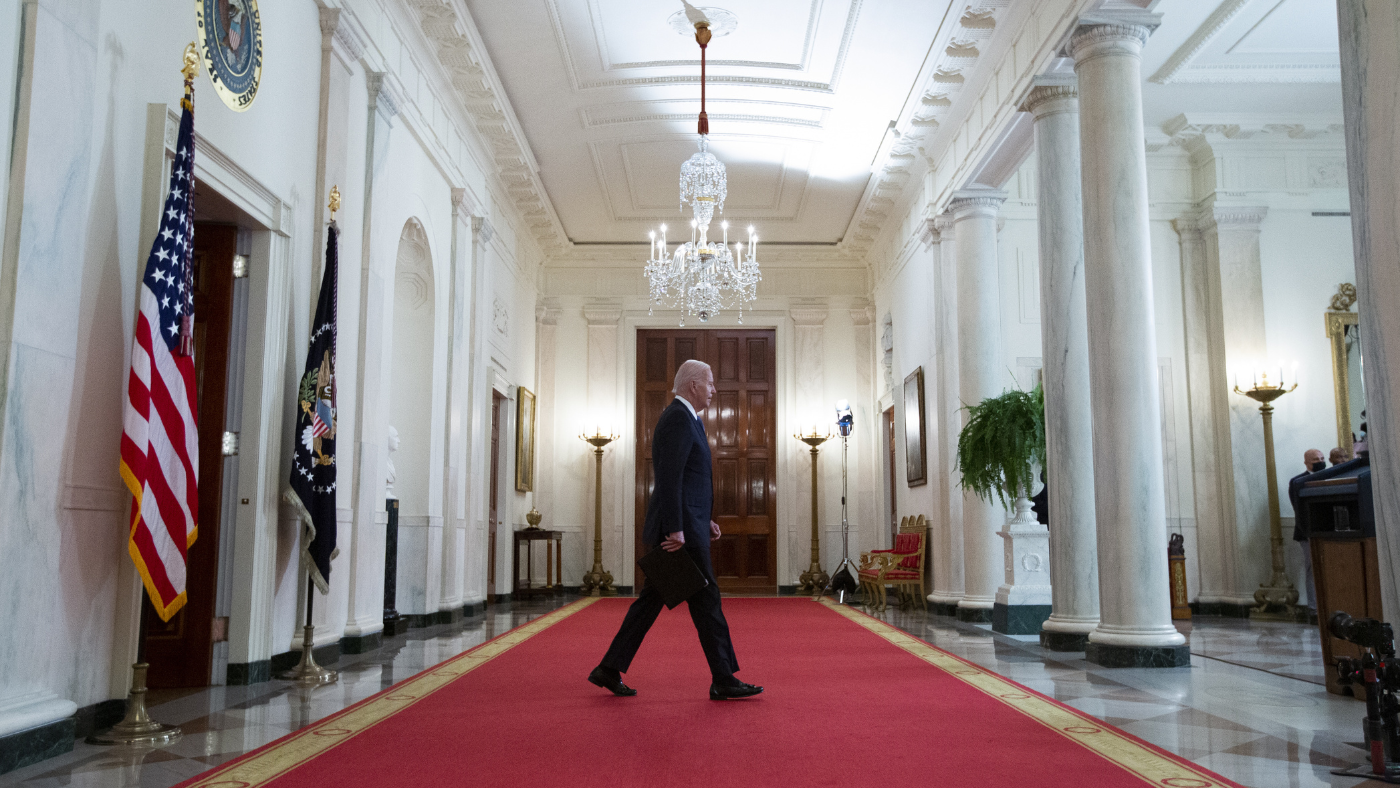 ‘Breakthrough on abortion rights could be there if Biden reaches for it’
‘Breakthrough on abortion rights could be there if Biden reaches for it’Instant Opinion Your digest of analysis from the British and international press
-
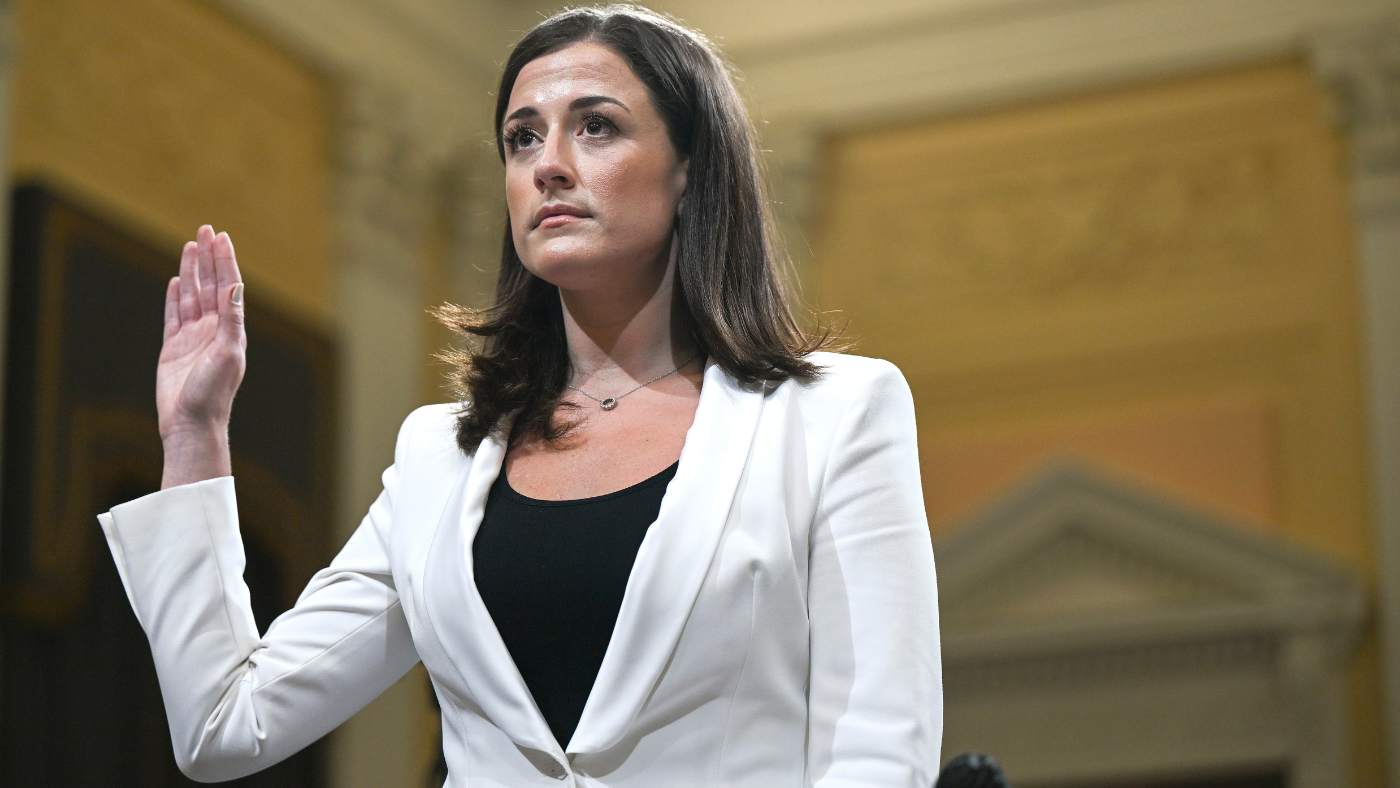 ‘If only Mark Meadows had even half Cassidy Hutchinson’s courage’
‘If only Mark Meadows had even half Cassidy Hutchinson’s courage’Instant Opinion Your digest of analysis from the British and international press